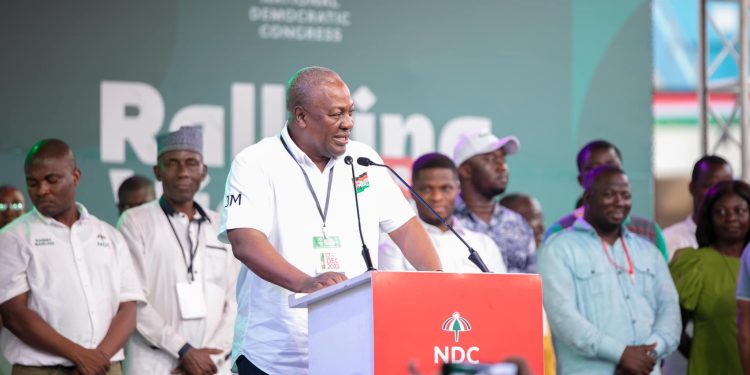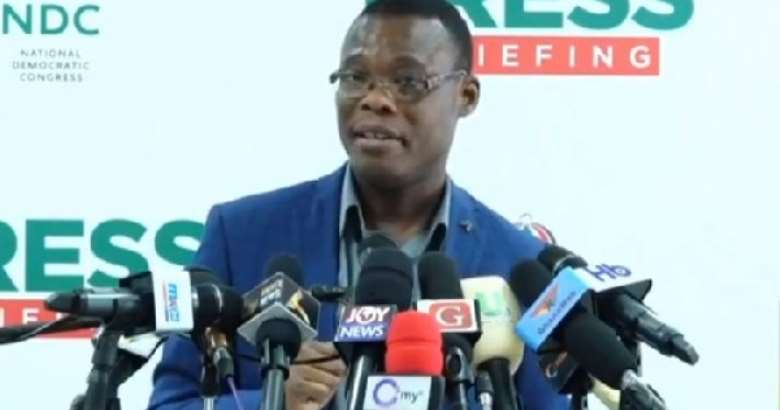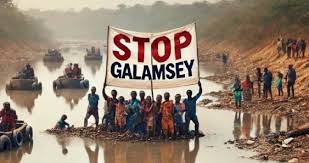Introduction
John Dramani Mahama, the flagbearer of the National Democratic Congress, has announced plans to dissolve the Ministry of Sanitation and Water Resources due to its perceived ineffectiveness if he becomes president in 2025. In addition, he has suggested consolidating several other underperforming ministries, including the Aviation and Railways Ministries, into the Transport Ministry.
During a Special Public Lecture at the Wisconsin International University College in Accra on Wednesday, Mr. Mahama emphasized the need for a comprehensive development strategy that diversifies focus within the sector.
Reasons for Dissolving the Ministry of Sanitation
Mahama’s decision to dissolve the Ministry of Sanitation stems from multiple factors. Firstly, he criticizes its ineffectiveness in addressing Ghana’s sanitation challenges. Despite its establishment, the country continues to face significant sanitation issues, indicating a failure of the Ministry’s strategies and initiatives. Secondly, Mahama highlights the financial burden of maintaining a standalone ministry, citing the need for cost-saving measures amidst economic constraints. Finally, he draws a comparison between the current state of sanitation and previous management systems under local government, suggesting that decentralization could lead to better outcomes.
Proposed Consolidation of Ministries
In addition to dissolving the Ministry of Sanitation, Mahama proposes merging other ministries to streamline government operations. He argues that combining ministries such as Transport, Aviation, Railways, Communications, and Information can enhance efficiency and reduce bureaucratic redundancy. By consolidating related portfolios under overarching ministries, Mahama aims to optimize resource allocation and improve coordination in policy implementation.
Criticism and Support
Mahama’s proposals have sparked mixed reactions from various stakeholders. While some applaud his efforts to restructure the government for greater efficiency, others express concerns about the potential consequences of dissolving ministries and consolidating functions. Critics question the feasibility of transferring sanitation responsibilities back to local government entities and raise doubts about the effectiveness of centralized management in the transportation sector. However, supporters view Mahama’s plans as bold steps towards addressing institutional inefficiencies and promoting accountability within the government.
Potential Impact on Sanitation and Transport Sectors
The proposed changes could have significant implications for both the sanitation and transportation sectors in Ghana. Dissolving the Ministry of Sanitation may disrupt ongoing initiatives and create uncertainty regarding future sanitation policies. However, transferring sanitation responsibilities to local government bodies could lead to more tailored approaches to addressing community-specific needs. Similarly, consolidating transportation-related ministries may streamline decision-making processes and facilitate integrated infrastructure development. Nonetheless, potential challenges such as inter-ministerial conflicts and resource allocation discrepancies must be addressed to ensure the smooth implementation of Mahama’s proposals.
Political Implications
Mahama’s announcement carries significant political implications, especially in the lead-up to the 2025 presidential election. His willingness to challenge the status quo and advocate for structural reforms positions him as a reform-minded candidate capable of enacting bold changes. However, opponents may seize upon the uncertainty surrounding his proposals to undermine his credibility and portray him as a destabilizing force. Ultimately, public perception of Mahama’s leadership qualities and governance vision will heavily influence voter decisions in the upcoming election.
Alternative Solutions
While Mahama’s proposals offer a radical approach to addressing governance challenges, alternative solutions also merit consideration. Rather than dissolving ministries outright, policymakers could explore options for restructuring and realigning their mandates to enhance performance. Investing in capacity-building initiatives, fostering inter-agency collaboration, and leveraging technology for data-driven decision-making are among the alternative strategies that could complement Mahama’s reform agenda and promote sustainable development outcomes.
Historical Context
Ghana has a history of governmental restructuring efforts aimed at improving administrative efficiency and service delivery. Past initiatives, such as the creation of specialized ministries and decentralization reforms, have yielded mixed results, underscoring the complexity of governance reform. Lessons learned from previous experiences can inform current decision-making processes and help anticipate potential challenges associated with Mahama’s proposed reforms.
Expert Opinions
Experts in sanitation, transportation, and governance offer valuable insights into the feasibility and implications of Mahama’s proposals. While some express cautious optimism about the potential benefits of streamlining government operations, others raise concerns about the practicality of implementation and the need for comprehensive stakeholder engagement. By soliciting input from diverse perspectives, policymakers can refine their reform agenda and ensure that it aligns with the needs and aspirations of the Ghanaian people.
Conclusion
John Dramani Mahama’s pledge to dissolve the Ministry of Sanitation and Water Resources and consolidate underperforming ministries reflects his commitment to fostering effective governance and sustainable development in Ghana. While his proposals have generated debate and controversy, they underscore the urgency of addressing institutional inefficiencies and improving service delivery. As the country prepares for the 2025 presidential election, the electorate faces a critical choice between continuity and change, with Mahama’s reform agenda shaping the discourse on the future direction of Ghana’s governance landscape.
Unique FAQs
- How will dissolving the Ministry of Sanitation affect ongoing sanitation projects?
- Ongoing sanitation projects may face disruptions in the short term, but transferring responsibilities to local government entities could lead to more tailored approaches and improved outcomes in the long run.
- What challenges might arise from consolidating ministries?
- Challenges such as inter-ministerial conflicts, resource allocation discrepancies, and bureaucratic inertia could impede the smooth implementation of consolidation efforts.
- What are some alternative strategies for improving governance efficiency?
- Alternative strategies include investing in capacity-building initiatives, fostering inter-agency collaboration, and leveraging technology for data-driven decision-making.
- How do experts view Mahama’s reform agenda?
- Experts offer varied perspectives, with some expressing optimism about the potential benefits of streamlining government operations and others raising concerns about practicality and stakeholder engagement.
- What factors will influence voter decisions in the upcoming election?
- Voter decisions will be influenced by perceptions of Mahama’s leadership qualities, governance vision, and the perceived effectiveness of his proposed reforms.
















